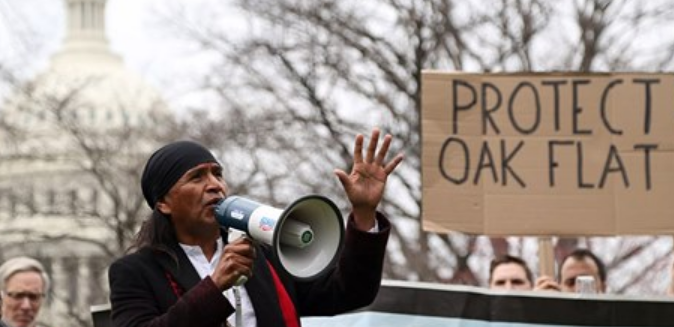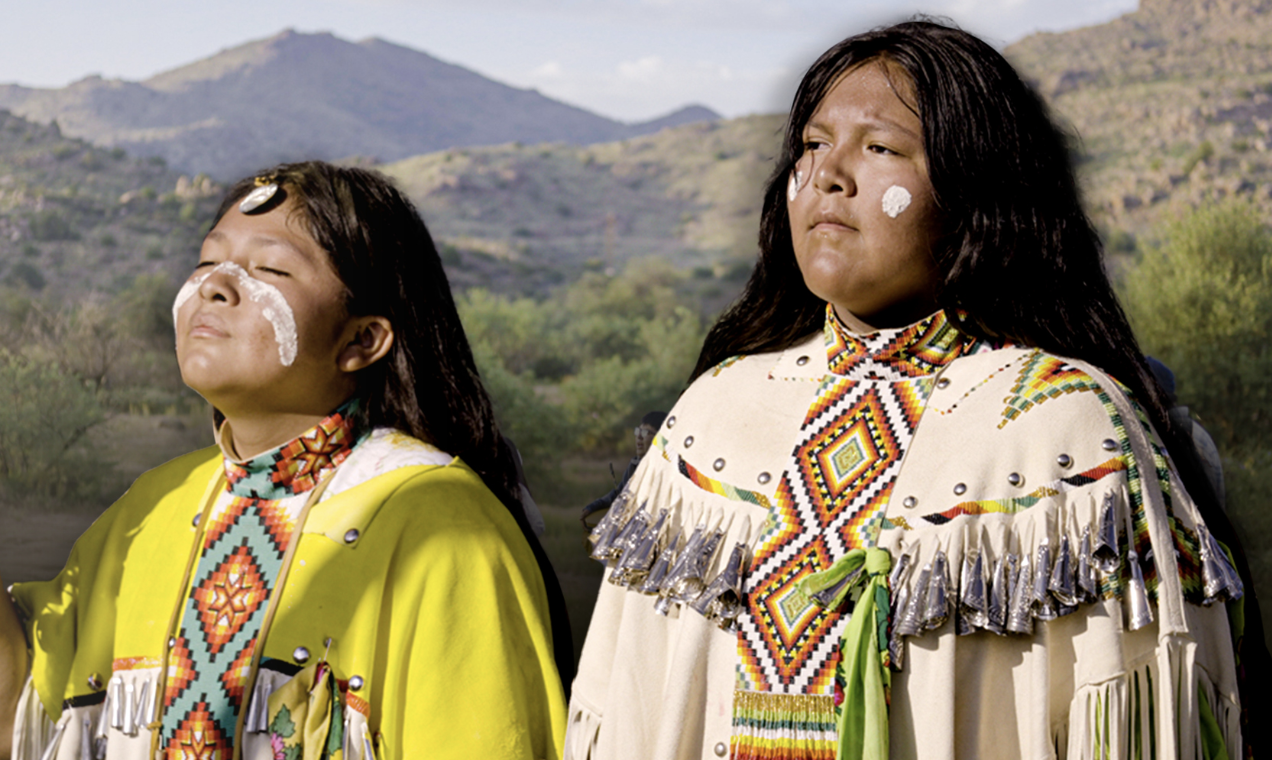
- Details
- By Kaili Berg
On May 15, Native News Online hosted a live stream event, Reducing Drug Overdose Deaths in Indian Country, bringing together tribal leaders, health advocates, and recovery experts to address one of the most urgent public health crises in Native communities today.
The live stream featured real stories, proven strategies, and calls for action, especially as key federal funding for opioid programs faces potential cuts.
Native News Online hosted the live stream because of the high rates of drug overdose deaths among tribal communities throughout Indian Country.
Key Statistics:
- In 2023, the U.S. saw a 10% overall decrease in overdose deaths—the biggest drop in decades.
- Despite this decline, the overdose rate among American Indian and Alaska Native (AI/AN) communities increased.
- Minnesota’s Native American overdose rate was 145 per 100,000 in 2023, ranking third in the nation.
- Overdose rates on the Alamo Navajo reservation in New Mexico surged by 306% in one year, reaching six times the natio
During the live stream an interview with Native News Online editor Levi Rickert, Cherokee Nation Principal Chief Chuck Hoskin Jr. called out the federal government for proposing major budget cuts that would impact tribal healthcare and addiction services.
“If we lose funds, we lose ground,” Hoskin said. “It’s not just about addiction, it’s about generations of trauma caused by federal policy. If the federal government helped create the problem, they should help fix it.”
Hoskin highlighted Cherokee Nation’s investment of $100 million in opioid settlement funds to build a new drug treatment center without relying on federal dollars.
He also noted the success of the Nation’s harm reduction program, which has served nearly 6,000 people, providing access to naloxone, recovery support, and education.
“We sued the opioid industry. We made them pay. And we’re using that money to build healing,” Hoskin said.
Another key voice was Milton Dallas Jr., a citizen of the Oneida Nation of Wisconsin and founder of Rx Destroyer. His company provides drug disposal kits to tribal nations as a prevention tool, keeping unused medications out of medicine cabinets and out of reach.
Dallas, who lost loved ones to addiction, said he entered the “drug destruction business” as a way to protect the next seven generations.
“Let’s one-up the feds and make drug takeback day every day in Native communities,” Dallas Jr. said. “Our people are holding on to unused medications, and bad actors are taking advantage of that. We need to change behaviors through education.”
Rx Destroyer’s kits and programs are now used by tribal housing authorities, police departments, clinics, and schools across Indian Country.
The live stream, moderated by Native News Online Senior Health Equity Editor Elise Wild, featured panelists who shared how the crisis has evolved in their communities and what’s working to fight it.
Samantha McGee from the Choctaw Nation explained how tribal leaders acted early, starting a naloxone program back in 2015 and later expanding with a federal grant to train first responders across 10 counties.
That funding, she warned, is now at risk. Losing it would be a major setback for rural communities that already struggle with access to emergency care.
Raquel Ramos, a prevention specialist from the Comanche Nation, said she first saw signs of the crisis in 2013 when local data revealed that Native girls were misusing prescription opioids at a higher rate than boys. It became clear that young people were using opioids as a way to cope with pain and trauma.
She said her work today focuses on prevention, cultural education, and empowering youth and families through awareness campaigns that speak directly to Native identity.
Clayton Clark, a peer recovery specialist from Choctaw Nation, shared his personal story of using opioids to deal with mental health struggles. Now six years into recovery, he works to help others find the same path.
Steve Knockwood, a cultural healing advocate in Wabanaki territory, spoke about being born addicted and finding healing through cultural reconnection, land, drumming, sweat lodges, and traditional practices.
Arlene Brown, who runs Skoden Native Harm Reduction Services in California, said her team uses a no-barrier approach to reach people directly where they are.
“We love on them until they can love themselves,” Brown said.
Her program doesn’t wait for people to ask for help, it brings resources, case management, and cultural support straight to their doorsteps.
“Our ancestors didn’t survive genocide and boarding schools just for us to die from substance abuse like opioids and alcohol,” Rickert said.
Native News Online will host a second part of this series on October 17, 2025.
More Stories Like This
Spirit Lake Reservation Addresses Water Quality Crisis with Emergency Distribution PlanNo Tobacco Day: May 31, As Endorsed by the World Health Organization
'We Will Not Be Erased' | Q&A with Charlene Aqpik Apok, Founder and Executive Director of Data for Indigenous Justice
New Charges Filed in Sweeping Medicaid Scam Exploiting Native Americans
Trump's USDA OKs First State Ban on Soda, Energy Drinks in SNAP in Nebraska

















